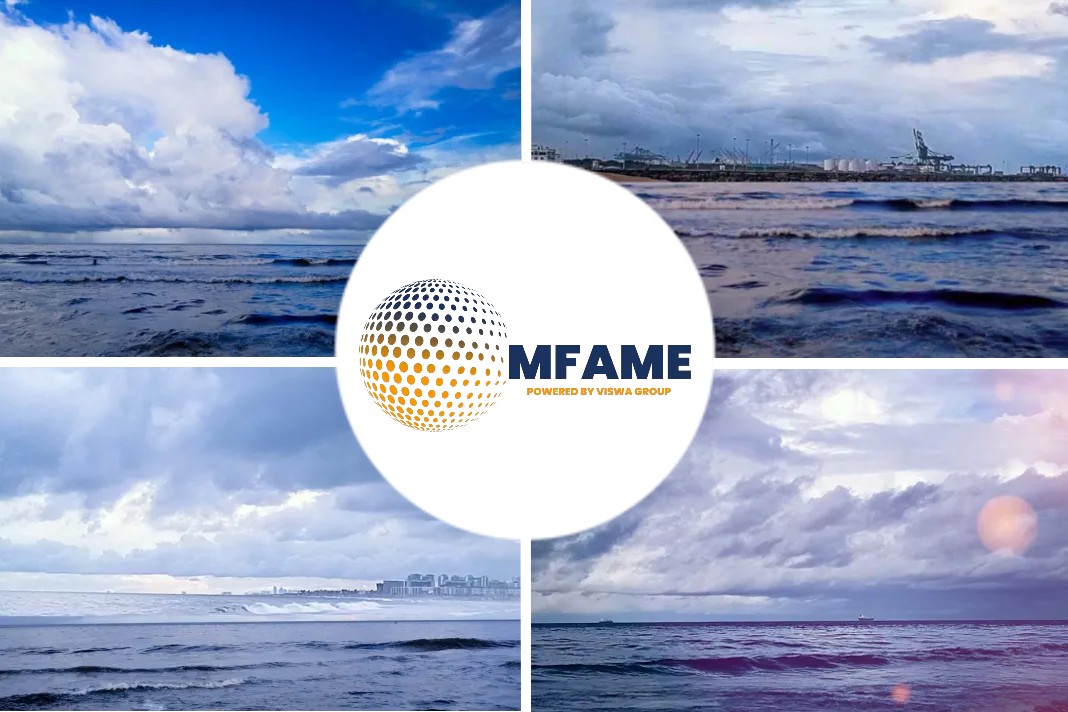- The cancellation of dozens of US LNG cargoes this summer is a “wake-up call” for the industry that new LNG projects will not automatically be profitable.
- Philippe Sauquet, Total’s president of gas, renewables and power, said in a wide-ranging interview that instead it was players such as Total with a global footprint and higher flexibility that were best placed to handle LNG demand variations.
- Cancellation of US cargoes that takes for this summer is a wake-up call for the projects that were considering to take FIDs thinking that the LNG market is a market where you just need to build and then you will make profit.
A recently reported article in Platts written by Stuart Elliott highlights the interview of Philippe Sauquet, Total’s president of gas, renewables and power. The following are the excerpt from the interview.
Lack of global foot print
“No, it’s much more complex than that. It’s clear that if you don’t have a global footprint, if you don’t have the flexibility that is needed to cope with demand that will vary from one year to the other. If you don’t have a low breakeven project, you will suffer,” Sauquet said.
Without those attributes, LNG would not be the “golden market” that some companies — particularly in the US — thought it would be, he said.
Spot LNG prices have slumped to record lows in 2020 due to an oversupplied market coupled with the demand hit from the coronavirus pandemic.
Sauquet said that while the oversupply was not a surprise given the wave of new capacity coming online, the scale of the glut triggered by the coronavirus crisis was more intense than could have been reasonably expected.
“The combination of this wave of new projects, mainly from the US, is reaching the market at a time when COVID-19 is depressing it in an unexpected manner,” he said.
“But I’m not completely surprised. We knew that in this boom-and-bust market there is always a temptation for some investors to go too quickly.”
“But we remain confident that the market will continue to be favorable. Even in China, we have seen progress and an increase in demand in spite of the COVID-19 crisis,” he said.
LNG Investments
Sauquet stressed that Total’s strategy around LNG investments was unchanged with a focus on cost. “We want to focus on very low breakeven projects in order to be resilient in these tough times,” he said.
Sauquet said Total would be interested in partnering with one of the world’s lowest-cost LNG producers, Qatar, in its massive LNG expansion project.
Partners for the project are expected to be announced by the end of 2020.
Total has a very strong interest. Qatar is a long story of commitment from Total and is a country where we can really have very low breakeven projects and maybe the best projects in the world in terms of cost.
M&A activity
Total has already been busy with a number of high-profile acquisitions in its Gas, Renewables and Power division since it was created under Sauquet in 2016, and more are expected in the future.
“It is likely that we will continue, but on a selective basis,” he said, adding that new acquisitions would likely be focused on development projects rather than the purchase of existing assets.
“In terms of profitability, this is the right way to go,” he said.
Total this month agreed to take a 51% stake in SSE’s 1.075 GW Seagreen 1 offshore wind farm project in Scotland, and Sauquet said the company would be interested in expanding in this sector.
“Offshore wind for us is a new business. For years, we were a bit nervous when we were seeing the very high costs of this industry. But today we have seen a dramatic decrease in the cost, which is making offshore wind a very attractive technology,” he said.
Sauquet said there were advantages to being a major player in developing big offshore wind projects.
They are not so easily developed by small companies, as we have seen very often so far in the renewables business. It’s a game for big players. And so yes, it is comfortable with the perspective of developing this business further.
That could also include taking part in the next Scottish offshore bidding round launched June 10, he said.
Low carbon
What is clear, Sauquet said, is that Total wants to continue to accelerate its development in low-carbon energy as part of its ambition to transform from an oil and gas company into an energy company.
“We have started to drastically change our energy mix, increasing the share of energy we are selling through electricity,” he said.
Its ambitions are global — for example it agreed in February to expand its partnership with India’s Adani Group to contribute to the growth of solar power generation in the country.
And closer to home, Total has an integrated strategy through the whole value chain from gas procurement to renewable energy production, and direct power and gas sales in Europe.
Sauquet said the pace of change in Europe toward carbon neutrality would “drive the acceleration of the development of renewables. The market will be attractive there.”
At the same time, former European monopoly utilities were selling assets, giving opportunities to snap up some projects for companies such as Total.
“There are some opportunities coming from the movement of the historical players. We intend to be ready to take the right opportunities.”
One area less likely to expand, however, is gas-fired power generation in France, faced with the dominance of the nuclear sector.
Total is building a new CCGT, the Landiviseau project, in Brittany, but Sauquet said more new CCGTs may be unlikely.
“Don’t expect to see Total rushing to start construction of a new CCGT in France,” he said.
Did you subscribe to our daily newsletter?
It’s Free! Click here to Subscribe!
Source: Platts
















